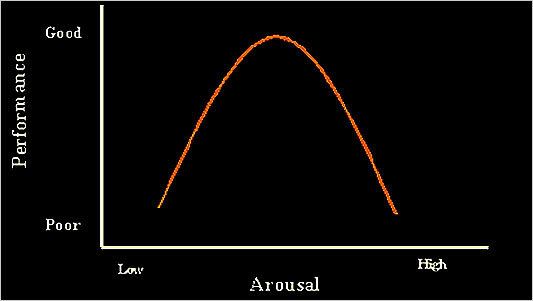Minnesota is near the top of the nation when it comes to preparing its children for a successful career, according to a study released today by Education Week.
"From Cradle to Career: Connecting American Education from Birth Through Adulthood," ranks Minnesota third in giving its children the best chance for success as educated, wage-earning adults. Only Virginia and Connecticut scored higher.
(Spot has to admit that he is stunned that Virginia, home to politicians like George (Macacawitz) Allen and Virgil (the Uber Goober) Goode would score better than Minnesota.)
The study is Education Week's Quality Counts 2007 project. For the pastIt's really good that we have Education Commissioner (Spooky Old) Alice Seagren to keep us from interpreting this as good news:
decade, Quality Counts has focused on states' efforts to improve K-12
education. But officials said that this is the first report that goes
beyond the traditional years of public school and explores the
continuum of learning opportunities that starts in infancy and moves
into adulthood.
An area where Minnesota failed to outpace the rest of the country isThat's it, Alice! We have to move high-stakes testing into the kindergarten and pre-school environment! It's never too early to inculcate anxiety into those little student brains!
in early childhood education. When it comes to pre-school enrollment
and kindergarten enrollment, there is room for improvement, the
report's authors acknowledged.So did Minnesota Education Commissioner Alice Seagren.
"I think we will be moving in that direction," she said of beefing up early childhood programs in Minnesota. But Gov. Tim Pawlenty and other leaders also want increased accountability to go with increased funding, Seagren said.
"For too long, we have funded programs and never really followed up," she said. "We need to ask, does this have an impact."
Well, Seagren does not actually suggest high-stakes testing for the tykes. But that is what conservatives mean when they talk about "accountability."
There is a lot of evidence that "accountability" is actually counter-productive. In a recent New York Times piece entitled Aiming for the Brain's Sweet Spot, author Daniel Goleman said this about No Child Left Behind:
As Congress prepares to debate whether to renew the No Child Left Behind Act, its members might do well to consider the biology of boredom, frazzle and the brain’s sweet spot for performance. Or they may inadvertently widen the gap between high- and low-achieving students.
The interplay between feeling daydreamy, feeling stressed and performing well was codified in 1908 by Robert Yerkes and John Dodson, in a graph in the shape of an upside-down U. The Yerkes-Dodson Law proposes that when our physiological arousal flags (an indicator of boredom), our performance on any task will be poor. But as we become aroused – motivated, engaged or enthusiastic – performance improves until it reaches the brain’s sweet spot. Beyond that point, further arousal translates into a debilitating stress – and the greater the stress, the worse our performance.
Here's the graph that Goleman is talking about:

This means, according to Goleman:
Legislators who believe that the pressure of high stakes testing will necessarily enhance learning make a fundamental error: They mistake the classroom for a track meet. Nervous energy at the starting line might translate into a winning push on the final lap, but in the classroom that same arousal can constrict the brain’s ability to understand the intricacies of long division.
The Yerkes-Dodson Law predicts that students’ performance under the pressure of high stakes testing should be mixed, inadvertently working against students most in need of help. For those students whose intellectual abilities are high, adding pressure can be motivating, and so achievement should improve. But for those who are already struggling, ratcheting up pressure too high risks a push past the tipping point for learning, so that stress swamps their capacity to pay attention and remember.
Now Spot believes this is just what the "accountability" crowd is after: just more wounding of the public school system as part of the effort to divert funding into private and parochial schools.
No comments:
Post a Comment